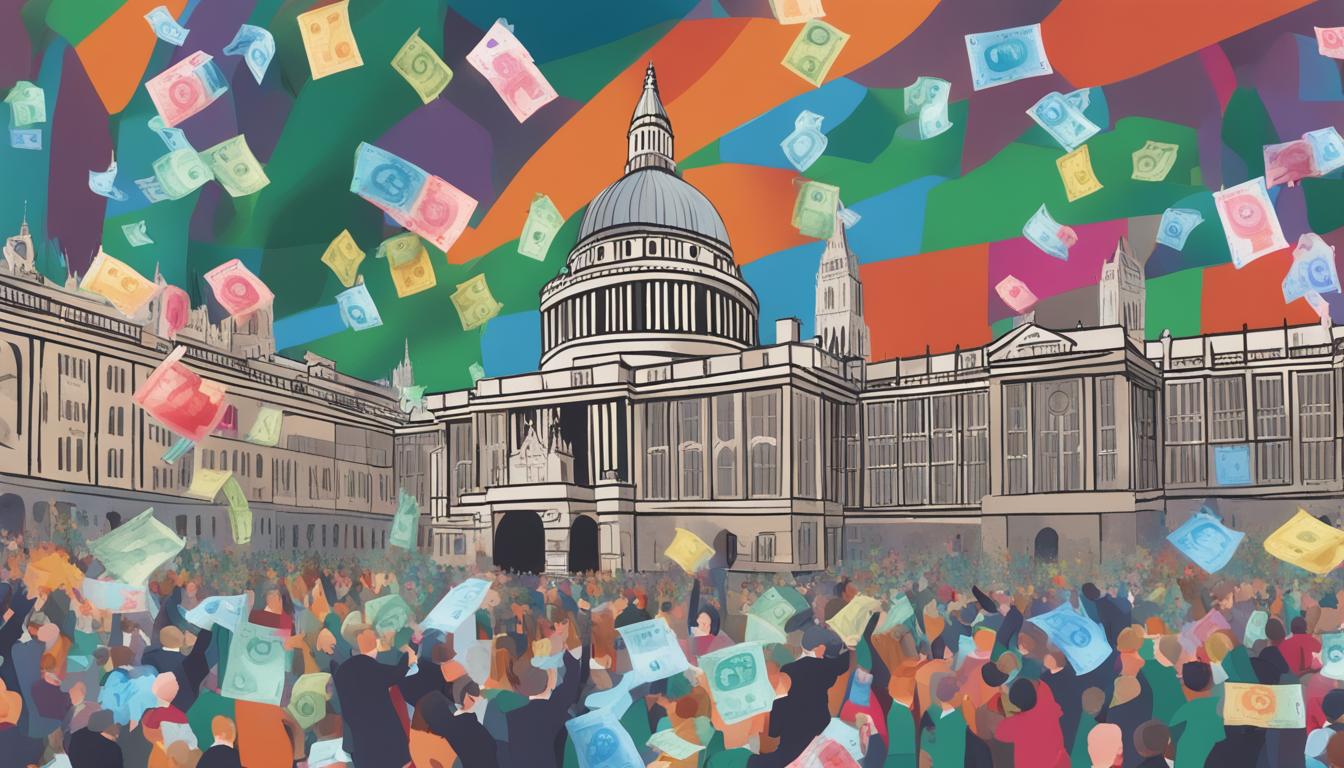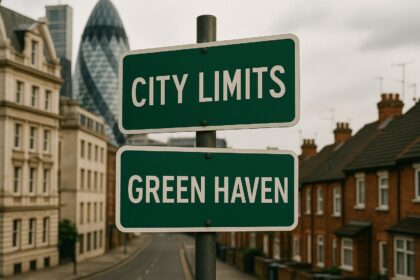Members of Parliament are set to receive a significant pay rise to £91,346 annually, as announced by the Independent Parliamentary Standards Authority, despite the ongoing economic difficulties facing the public.
In the United Kingdom, Members of Parliament (MPs) are set to receive a 5.5% pay increase from April, raising their annual salary to £91,346. This adjustment was announced by the Independent Parliamentary Standards Authority (Ipsa) and also applies to senior civil servants. Ipsa Chair Richard Lloyd emphasized the fairness of this decision for MPs and the public. Notably, last year, MPs received a 2.9% raise amidst economic challenges. The forthcoming increase extends to additional allowances for specific roles, such as committee chairs.
Prime Minister Rishi Sunak, alongside other ministers, is to receive extra payments on top of the MP salary, with cabinet ministers getting an added £67,505. Ipsa, established in 2009 following an expenses scandal, seeks to ensure transparency in setting MPs’ salaries. The authority also announced that severance pay for MPs leaving office would double to over £20,000.
The pay increase comes amidst growing scrutiny over politicians’ earnings in light of rising living costs. Despite Sunak’s substantial personal wealth, estimated at over £500 million combined with his wife’s, the Prime Minister has chosen not to waive this salary increase. This decision halts the recent trend of ministers forgoing raises amid financial difficulties faced by the public. Sunak’s taxable income last year exceeded £2 million, the majority of which came from capital gains, highlighting the gap between high-earning MPs and the general populace struggling with a cost-of-living crisis. Sunak’s financial stature and political role continue to place him at the center of discussions regarding earnings disparity and economic challenges in the UK.













